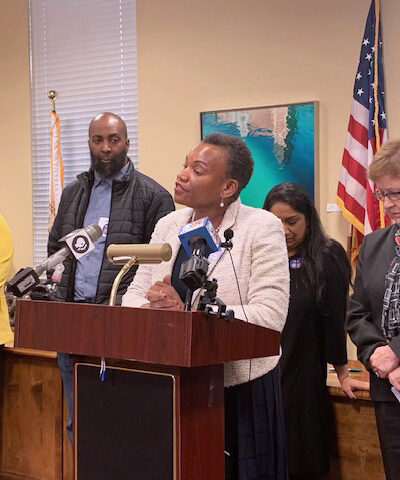News & Commentary
“Free the Vote” Documentary Blog Series Part 4: Voting is a Human Right
The Vote Cannot Be Chained Down
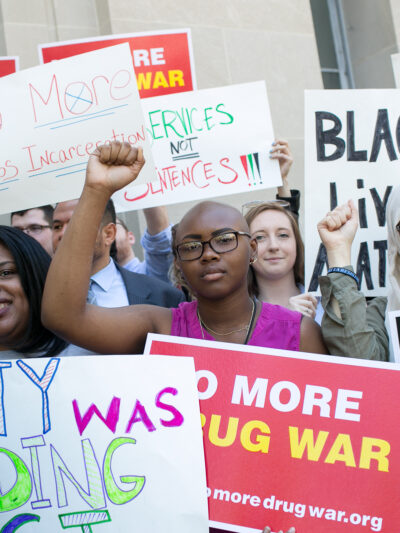
“Free the Vote” Documentary Blog Series Part 3: Voting and Incarceration
Connecting Voting to Incarceration is Dangerous and Racist
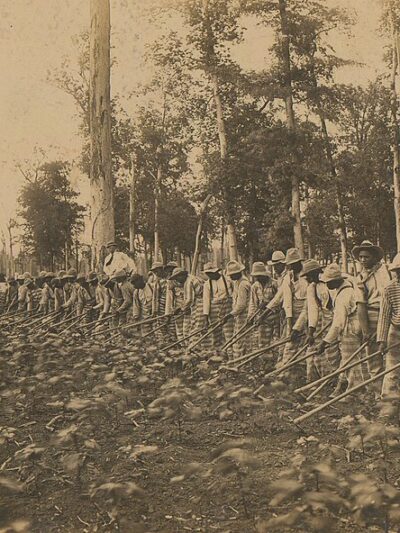
“Free the Vote” Documentary Blog Series Part 2: The Present
The Fight to Free the Vote is Still Not Over
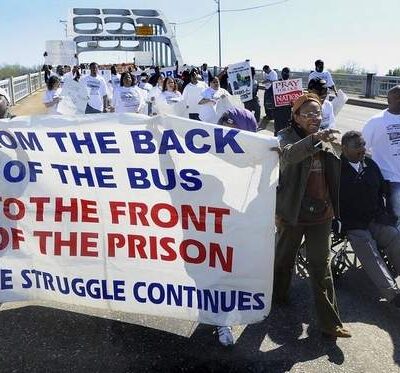
“Free the Vote” Documentary Blog Series Part 1: History up until the 1900s
300 Years Earlier: How Does the Legacy of Prisons and Policing Impact Black People’s Vote?
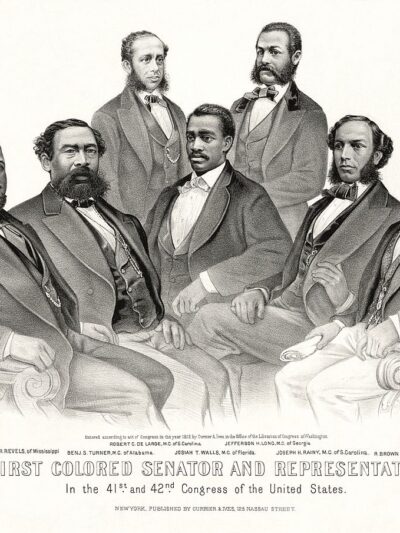
Debunking Maryland Police Reform Myths
More than 85 organizations in Maryland are united for a package of police reforms that must be passed by the General Assembly.
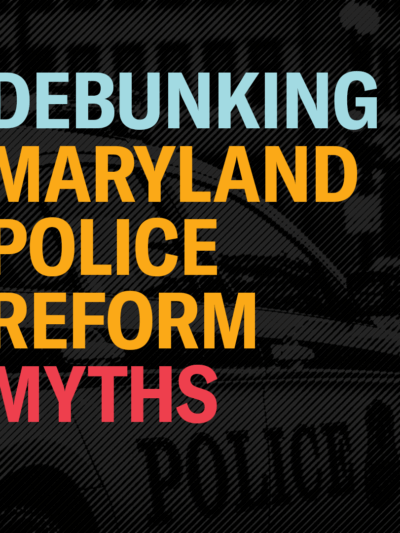
Men Have Nine Pre-Release Centers. Women Have Zero.
This Women’s History Month, the ACLU wants to highlight a woman who is making a difference in her community and demanding equality for women entangled in the legal justice system. Qiana Johnson, Executive Director of Life After Release, is a formerly incarcerated person who has been advocating for pre-release centers for women preparing to return to their communities.
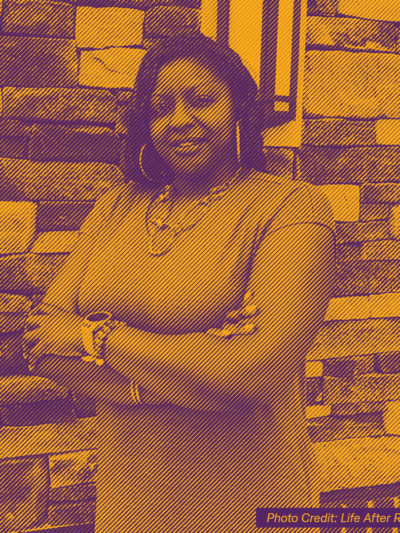
How Marylanders are Making a Difference: Lobby Day 2020
Over a hundred people from across the state attended this year’s Lobby Day and demanded action from their state legislators. From Western Maryland to the Eastern Shore, our members demonstrated that one way to make an impact in your community — and our state capital — is through advocating in person by meeting with your elected officials.
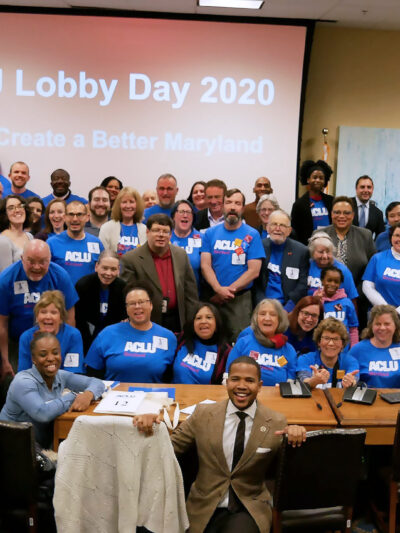
“Trans People Are Not A Sad Story; We Are A Strong, Resilient Story.”
During the height of the protests against the John Hopkins University private police force, many brave students and community members resisted peacefully on campus against a new force that represented a real, unaccountable threat, especially to students and community members of color.
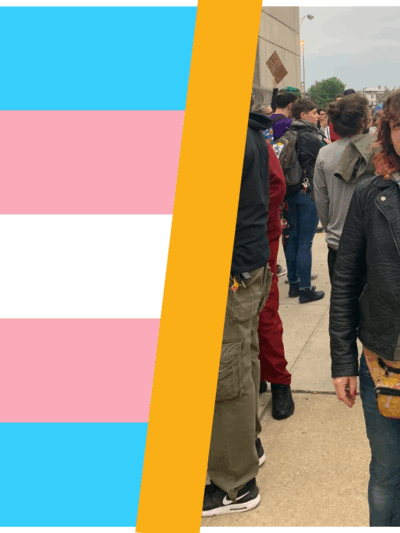
Stay Informed
Sign up to be the first to hear about how to take action.
By completing this form, I agree to receive occasional emails per the terms of the ACLU’s privacy statement.
By completing this form, I agree to receive occasional emails per the terms of the ACLU’s privacy statement.

